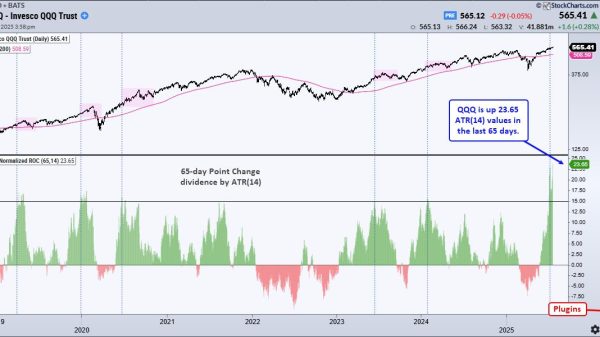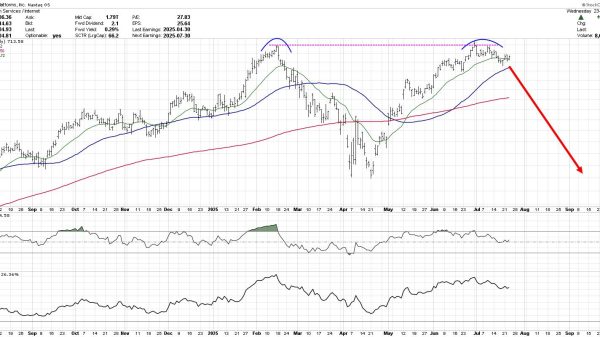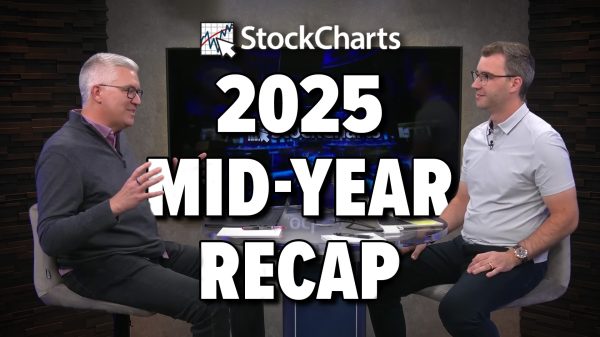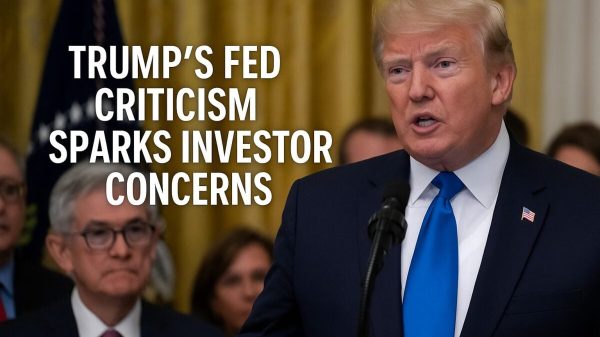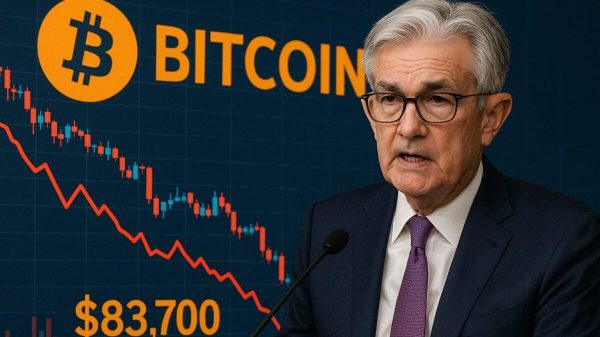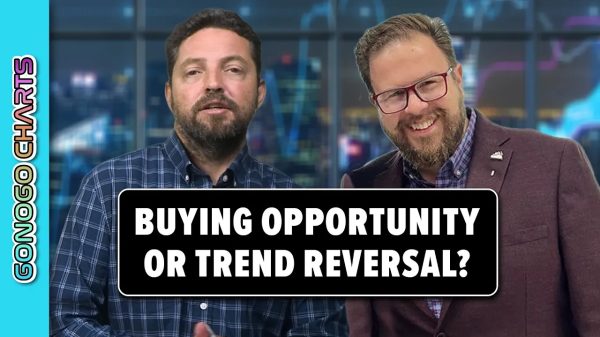
The success of Bitcoin spot ETFs in the United States has come at the expense of their global competitors, despite surging demand for Bitcoin over the past few months.
European Bitcoin ETFs Are Losing Money
As reported by the Financial Times, spot Bitcoin ETPs in Europe have suffered net outflows worth $500 million a year to date, according to Morningstar data.
Meanwhile, “crypto” ETPs for Ether and other altcoins have only pulled $42 million in net inflows over that time, doing little to compensate the ETP losses of their institutionally dominant older sibling.
EUROPE’S SPOT BTC ETPs ARE STRUGGLING…
— Coach K Crypto (@Coachkcrypto) May 30, 2024
Yet Bitcoin’s price has risen 54% during that time, suggesting that demand for Bitcoin has only gotten stronger worldwide. In fact, according to Pierre Debru – head of quantitative research and multi-asset solutions at WisdomTree – client queries about the European Bitcoin investment products have “greatly increased” since January.
January was precisely when long-awaited Bitcoin spot ETFs were approved in the United States, affording U.S. institutional investors easier access to spot Bitcoin price exposure. Since going live on January 11, the U.S. funds have collectively absorbed $13.6 billion in net inflows, led by BlackRock and Fidelity’s Bitcoin trusts.
The latter two funds in particular charge ultra-low annual management fees of just 0.25% – far lower than its pre-existing competitors overseas. As such, Debru said the US ETFs have “created a new fee environment in Europe” where the continent’s providers have to reduce costs to stay attractive.
The Necessary Bitcoin ETF Fee War
By contrast, those who refuse to lower fees have suffered a constant bleed. The largest example is the Grayscale Bitcoin Trust (GBTC), another US fund that converted into a Bitcoin ETF this January while charging a 1.5% fee.
Despite starting with over 630,000 BTC, the fund has now lost over half of its Bitcoin holdings, and BlackRock has already stolen its title as the world’s largest Bitcoin ETF.
Similarly, Canada’s Purpose Bitcoin ETF (BTCC) – the very first and largest in the world before January – holds just 27,052 BTC today compared to 35,706 BTC on January 5. The fund charges a 1% management fee.
According to VanEck’s European business CEO Martijn Rozemuller, the company’s local Bitcoin and Ethereum ETNs saw small net inflows since January. VanEck was behind one of ten Bitcoin funds launched in the United States in January.
“Total potential market size considered, European crypto ETPs are still relatively larger than the spot bitcoin ETFs in the US,” Rozemuller told FT.
The post European Bitcoin ETFs Have Lost $500 Million Since January appeared first on Cryptonews.






